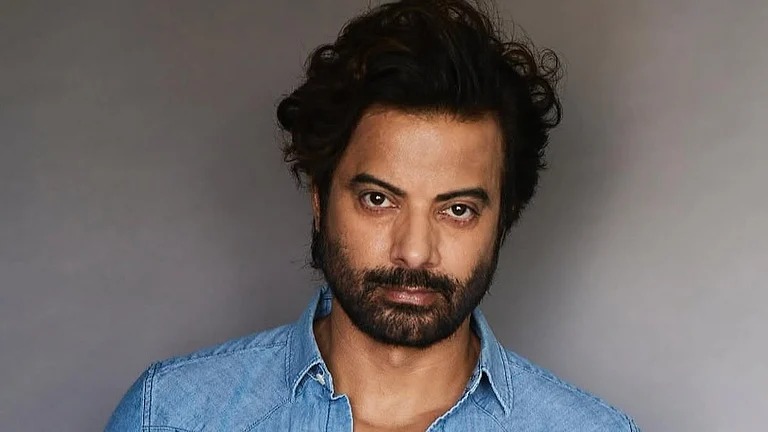India on Saturday blasted the US Commission on International Religious Freedom (USCIRF) as "biased and inaccurate" for comments against religious discrimination in the country. New Delhi charged the panel of "severe lack of understanding of India and its constitutional framework, its plurality and democratic ethos".
This is not the first time that Ministry of External Affairs (MEA) Spokesman Arindam Bagchi has hit out at the USCIRF.
"Regrettably, USCIRF continues to misrepresent facts time and again in its statements and reports in pursuance of its motivated agenda. Such actions only serve to strengthen concerns about the credibility and objectivity of the organisation," Bagchi added in his statement.
The MEA’s statement was in reaction to tweets by USCIRF Commissioner David Curry, who accused the Indian government of “continued repression of critical voices – especially religious minorities and those reporting on and advocating for them”. Curry had attached a report on the arrest of activists Teesta Setalvad, RB Sreekumar, and Sanjeev Bhatt in his tweet.
Curry was not the only one who spoke out against the government. Stephen Schneck, also from the USCIRF, also tweeted about harassment of “human rights advocates, journalists, activists, and faith leaders in India is not reflective of a country with a history of democracy”.
The USCIRF has once again asked the Biden administration to designate India, China, Pakistan, Afghanistan, and 11 other nations as "countries of particular concern". So far, the Biden administration has not done so. However, US Secretary of Stare Antony Blinken had expressed concern when the US State Department released its report for 2021.
There is increasing demand by the progressives within US President Joe Biden’s Democratic Party to uphold human rights and democratic values all over the world. This has to do with former President Donald Trump’s utter disregard for human rights and his view that America was not in the business of promoting either democracy or human rights abroad. Human rights are an important issue for Democrats and the progressives are pushing for the Biden administration to promote it worldwide.
Indian-American Rashad Hussain, Ambassador- at-Large for International Religious Freedom, speaking this week at the International Religious Freedom (IRF) Summit in Washington, also drew attention to intolerance towards religious minorities in India. The IRF Summit was held to highlight increasing threats to freedom of religion, conscience and belief, and to promote fundamental freedoms across the globe.
India has come increasingly under the scanner of human rights activists for its downward slide on fundamental freedoms. The MEA has its hands full denying the charges and in true muscular fashion favoured by Narendra Modi government, it counter-attacks by imputing motives to those voicing concern.
So, when the Office of the High Commissioner for Human Rights criticised India for the recent arrest of well-known human rights activist Teesta Setalvad, Sanjeev Bhatt, and RB Sreekumar, the MEA responded with defiance and accused the UN of interfering with the country’s judicial system.
It said, "We have seen a comment by the Office of the High Commissioner for Human Rights (OHCHR) regarding legal action against Teesta Setalvad and two other persons. The remarks by OHCHR are completely unwarranted and constitute an interference in India's independent judicial system.
“Authorities in India act against violations of law strictly in accordance with established judicial processes. Labelling such legal actions as persecution for activism is misleading and unacceptable.”



























